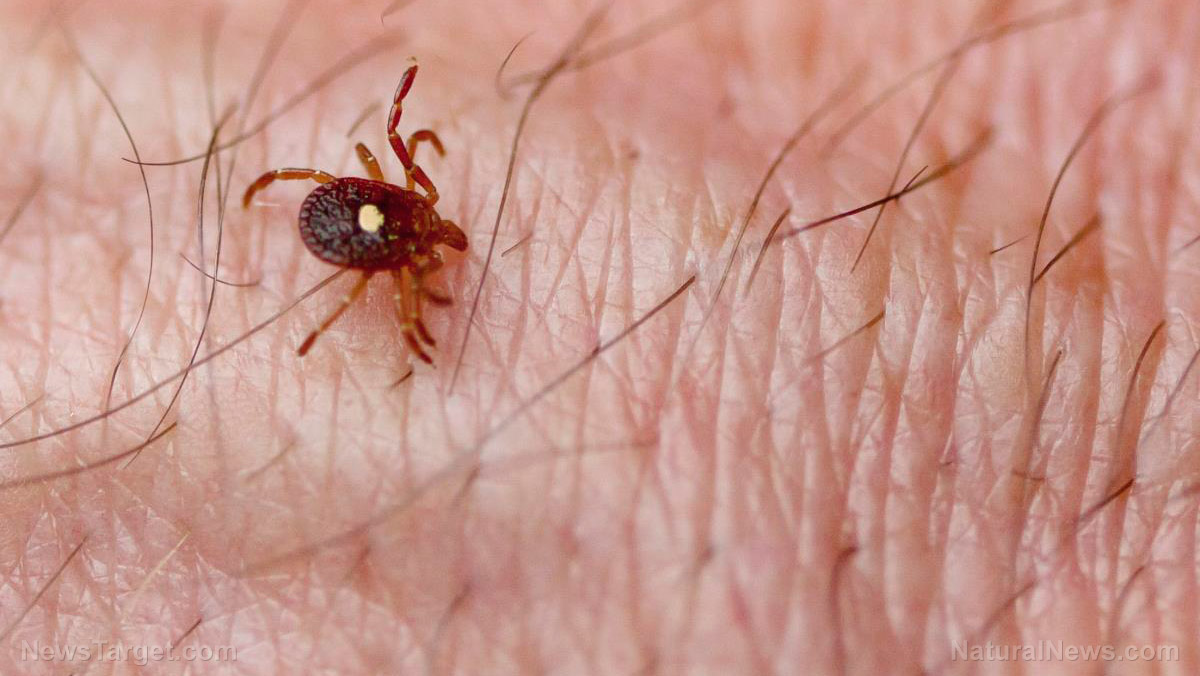Just walking 150 minutes per week significantly lowers your risk of depression
06/06/2018 / By Carol Anderson

Depression is a crippling disease that affects more than 300 million people across the globe, according to the World Health Organization. Fortunately, researchers have found that even a little exercise can significantly reduce the risk of depression, according to a study published in the American Journal of Psychiatry.
The study revealed that physical activity can prevent a person from becoming depressed. “Systematic reviews have suggested that physical activity is a protective factor for depression onset, with even small amounts of physical activity decreasing the incidence of future depressive episodes,” the researchers wrote in the report.
Researchers used a systematic review to gather information from 49 studies – which involved over 250,000 people – and proceed with the study. They collected data including age at baseline, geographical area, sex, length of follow-up, study quality, co-variates, study sample size, and total person-years.
According to Dr. Brendon Stubbs, one of the study’s authors, their findings indicate that more importance should be given to physical activities. Given its multitude of health benefits, exercising should be promoted across the lifespan. (Related: Not getting enough sleep can raise your risk of depression by 80 percent.)
To be more specific, people who regularly engaged in physical activities were found to have reduced their risk of depression by as much as 15 percent, the researchers reported. They also added that undergoing intense training isn’t necessary to achieve this benefit.

According to Dr. Joseph Firth of the University of Sydney, a 150-minute walk can prevent depression by 22 percent, while doing a little less than this prescribed amount of physical activity still has benefits. He also stressed that aside from walking, people must do an exercise routine they will enjoy doing again.
“It’s not about going to the gym on time and have a tough session, and doing something that you’ll never do again,” Firth added. In addition, he also pointed out that exercise should not be linked to great skill and competitiveness.
Since these are long-term studies over seven or eight years, this means that for exercise to be an effective protective agent against depression, it has to be done over the long haul.
While other mental health conditions may need more support from loved ones and health experts, preventing its onset require nothing more than an enjoyable change in a person’s routine. Researchers believe that there is now a compelling reason to engage people in doing a regular physical activity – whether it’s at school, workplaces, leisure programs, or elsewhere.
How can exercise help?
By doing any physical activity, our brain releases certain chemicals which are described as exercise-induced euphoria. It’s also known as the “runner’s high,” and it acts like an antidepressant. What’s better is how it protects us when the body detects stress that can possibly cause depression.
“We believe that physical activity and the chemical release actually provide a buffer from this and make you more resilient to developing depression,” Firth added.
Other ways to prevent depression
Aside from regular exercise, there are other ways to help us reduce the risk of falling into depression. While it is also great to surround yourself with the people you love, you can also take small steps on your own to help take care of your mental health.
- Make sure to get adequate sleep
- Cut down on your sugar intake
- Consume healthy fats
- Discover things that will make you happy
- Avoid thinking negatively
Get more updates on mental health by reading BeatDepression.news.
Sources included:
Submit a correction >>
Tagged Under:
depression, exercise, mental health, Mental illness, mind-body medicine, physical activity, physical fitness, prevent depression, reduced risk, running, walking
This article may contain statements that reflect the opinion of the author




















